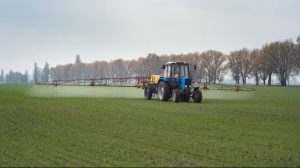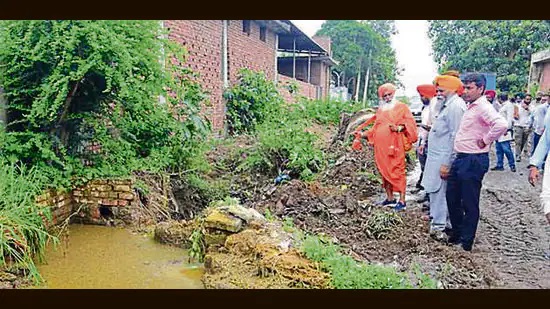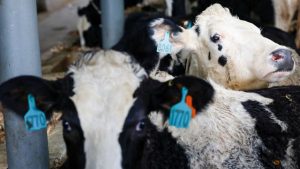
Environmentalist MP Balbir Singh Seechewal Finds Dairy Waste from Haibowal and Tajpur Complexes Is Overwhelming Sewage Plants.
In a critical development for the Indian agribusiness sector, a prominent environmentalist has sounded the alarm over an escalating waste management crisis in Ludhiana. Rajya Sabha MP Balbir Singh Seechewal conducted an inspection of local sewage treatment plants (STPs) and discovered they are being overwhelmed by a massive and illegal influx of dairy waste, particularly cow dung. This failure is rendering the plants ineffective and poses a serious threat to public health and the environment.
A key piece of data journalism from the inspection reveals the scale of the problem. The STPs at Haibowal and Tajpur are receiving significantly more wastewater than their designed capacity, with volumes nearly doubling in some cases. This surge is directly linked to the approximately 60 dairies operating in the Haibowal and Tajpur complexes. Instead of being properly managed, vast amounts of liquid waste are being discharged into the sewage system, causing a major bottleneck at the treatment facilities.
The consequences of this operational failure are severe. The untreated water, laden with cow dung and other pollutants, is flowing directly into the Budha Nullah, a key water channel. This contamination is not only polluting the local environment but is also linked to serious health issues, including a high incidence of diseases like cancer in the Malwa region and Rajasthan. The lack of responsibility from officials and the presence of illegal encroachments further complicate the issue, highlighting a systemic breakdown in enforcement and oversight.
From a dairy economics perspective, the situation is a cautionary tale. While the dairy sector in Ludhiana is a significant economic driver, its failure to manage its waste properly is creating enormous negative externalities. Millions of rupees have been spent on building treatment infrastructure, but its poor performance due to illegal dumping demonstrates a failure to connect economic activity with environmental responsibility. This crisis shows that short-term gains are being erased by long-term environmental and health costs.
For the international dairy community, this serves as a stark reminder of the importance of sustainable waste management practices. The Ludhiana case highlights that a growing dairy sector must be paired with robust infrastructure and strict enforcement to prevent environmental degradation. The outcome of this intervention will be closely watched as a test case for how India, a global dairy leader, addresses the challenges of balancing rapid growth with environmental sustainability.
Source: Hindustan Times: Ludhiana: Dairy waste destroying STPs, says Seechewal
You can now read the most important #news on #eDairyNews #Whatsapp channels!!!
🇮🇳 eDairy News ÍNDIA: https://whatsapp.com/channel/0029VaPidCcGpLHImBQk6x1F

















